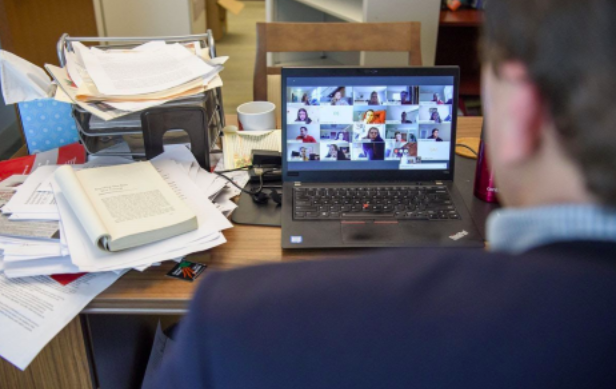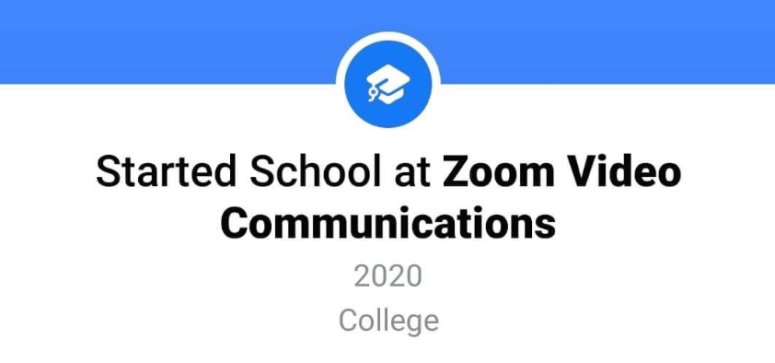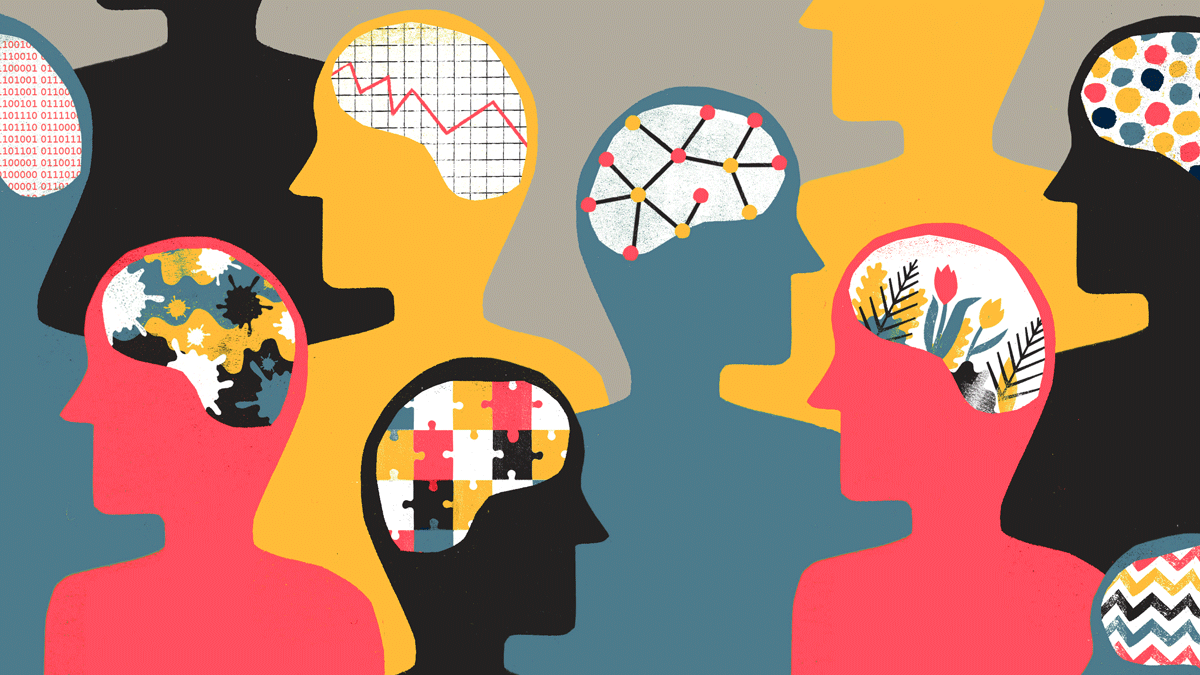Whether it be from dining room tables turned work desks or the comfort of one’s own bed, students in Anthropology 238 made sure to log into their twice-a-week Zoom session at 1:40 PM. It was another hour and 15 minutes spent trying to avoid the temptation other avenues of the internet bring, all whilst zeroing in on the voice emanating from one of the 20-something virtual boxes.
The professor, who left Queens, NY for Pennsylvania during the pandemic, was in the middle of his lecture until he no longer was. He couldn’t be, not after a bear wandering into his backyard caught his attention.
The professor let out a genuine “Oh f*ck”, leading his students to tune out of the lecture and look at him with intrigue. The professor turned his camera and, sure enough, a bear could be made out through the low-resolution lens strolling across his back lawn.
“That’s something that’s only gonna happen on Zoom,” one of the attendees claimed after class.
Queens College students are no strangers to online learning during the fall semester. They made the transition into Zoom meetings and Blackboard Collaborate Ultra sessions once COVID-19 reached the United States last spring.
Back in March, April and May, the coronavirus was viewed as no more than an unexpected challenge QC would do anything to put in the rearview mirror. The goal for most, if not all classes, became to successfully end with as little duress as possible.
Now, the effects of a global pandemic on QC have settled into an unsettling permanence. Technical difficulties cut into lecture time and bears interrupt the class. The college experience has become a mindless cycle of near-identical assignments to submit on a weekly basis, many of which include hoards of readings teachers assign in an attempt to close the comprehension gap online learning can create.
Asynchronous classes have been an invaluable workaround to the varying schedules of QC students, but those lectures also require time and energy students have become responsible to find on their own. Rather than having a set schedule anchoring their day-to-day actions, students must keep pace or fall behind while maintaining habits that ensure they never get buried too deep under their respective workloads.
“The readings are already homework,” an anonymous student said. “But I have to watch powerpoints and do readings. I have to watch lecture videos and do the readings. There’s a lot more work.”
Unfortunately, professors don’t have a handbook to afford themselves guidance. Pages are being filled with newfound procedures by the day. Some have even actively taken it upon themselves to make the lives of their students easier with open-note tests and fewer requirements to earn a reasonable grade.
“I’m basically deciding everyone gets an A if they just do everything in good faith,” Media Studies Professor Douglas Rushkoff said of his students. “I gotta bend over backward because I don’t know what people’s situation is.”
There’s long been an inherent give and take to the traditional in-person college experience. Students burn themselves out trying to bump up their grade point average, but walk away with added life experience that lays a foundation for their future selves. Memories are created. Voices are shaped. Perspectives change.
Without the “take”, students are finding it much more difficult to invest in the “give”. Some students have yet to hand in any assignments or muster the sliver of enthusiasm needed to click on just one of their Zoom links. Poor grades and a lower GPA are no longer able motivators. Not when the pandemic has life tugging at them harder than ever before.
“(College) is a community of humans gathered together in the pursuit of knowledge and intelligence and a society and a community of learning,” Professor Rushkoff explained. “You couldn’t help but (have) your conversations and interactions informed by the stuff you were learning. The online thing makes it much more like college is this stuff that you’re learning in order to get a degree in order to get a job. That’s not really what it’s about.”
That might not be what college was about, but that’s what it’s become. And just like every other issue causing stress in 2020, it’s on us to find ways to make it bearable until we no longer have to.














